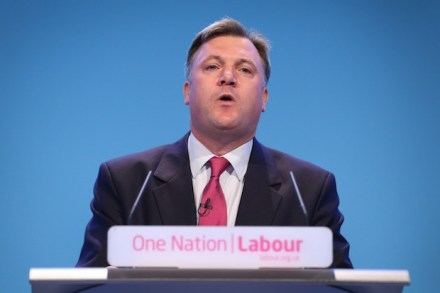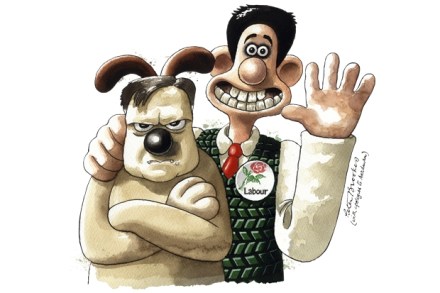Eddie Izzard’s alleged mayoral ambitions have been well documented, although he’s coy of going on the record about any plans. But mayor of where, exactly? There’s been lots of noise about London; but Izzard has been surprising people at parties recently by speaking with a Scottish accent. Tongues have been wagging. Is the funny man who believes in ‘equal clothing rights’, the political activist who enthusiastically endorsed the Euro, Gordon Brown, Yes2AV and Ken Livingstone, seeking a political career north of the border? It seems not. Izzard explained, with a Caledonian drawl, to my mole that he ‘was in character’ while preparing to play a Scotsman in a BBC drama.



















